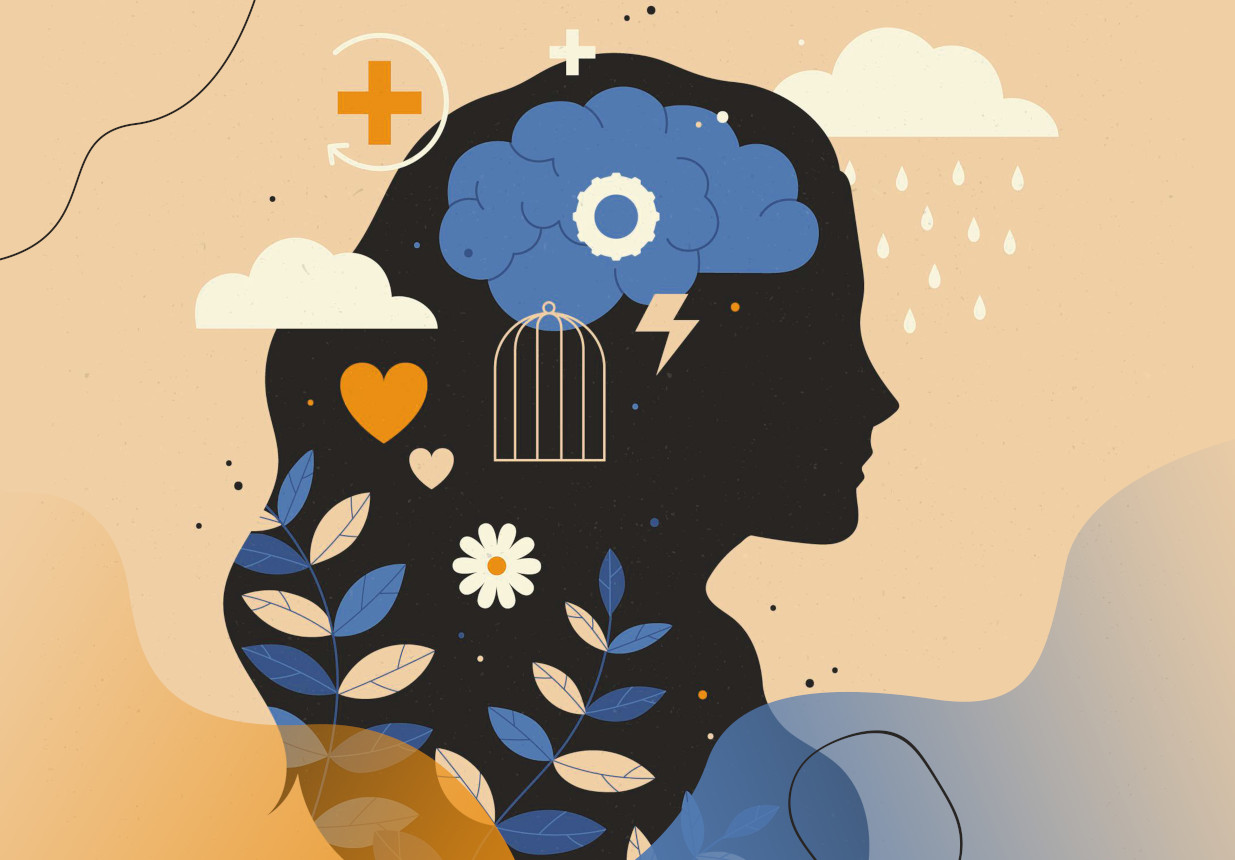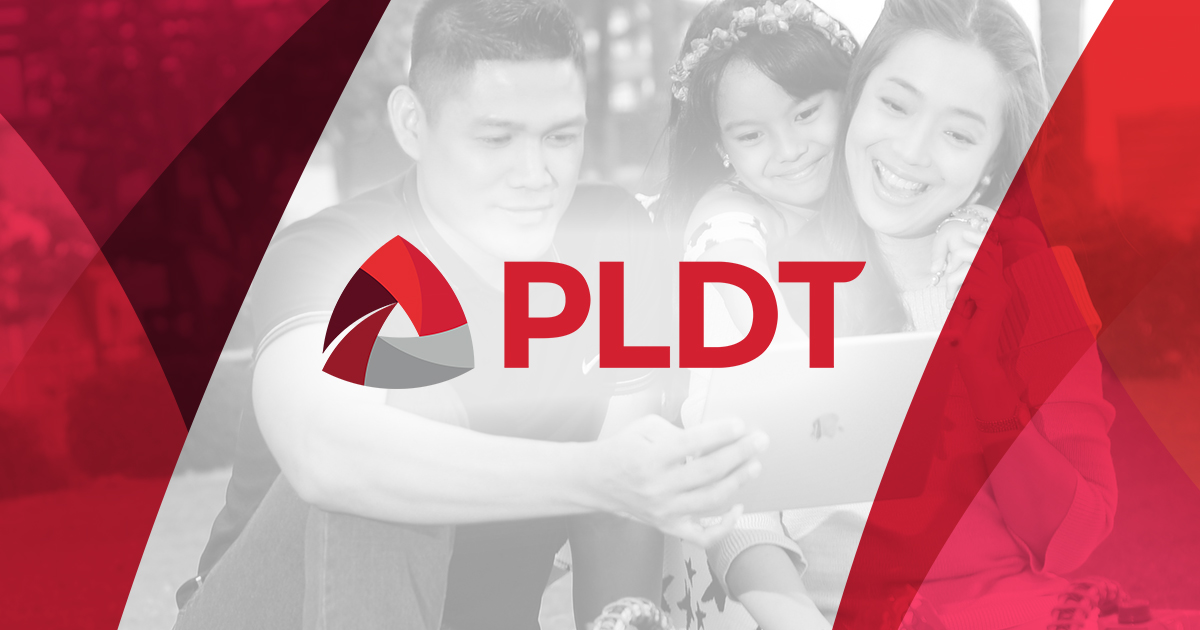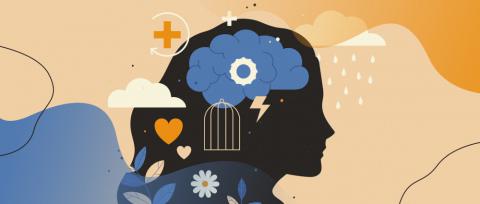
May is Mental Health Awareness Month. In today’s setting, many people are experiencing mental and emotional distress severely caused by the COVID-19 pandemic.
Through PLDT and Smart’s Wellness Revolution Campaign, LifeRiskPH co-founder Norman P. Mendoza shared some tips and reminders on how to remain resilient amid the pandemic. Mendoza is a registered psychometrician and currently a doctoral student at The Education University of Hong Kong.
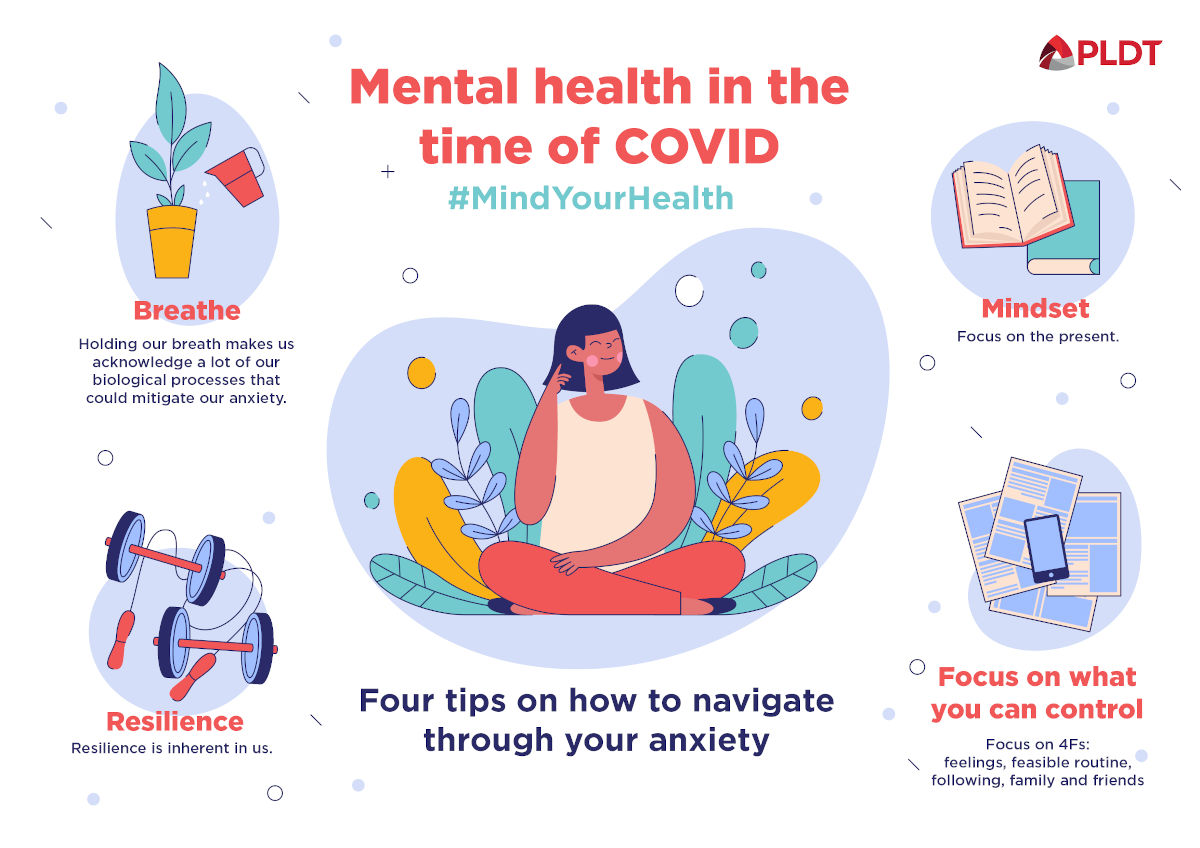
Navigating through your anxiety
According to Mendoza, anxiety is the uncomfortable feeling of worry which is normal to feel especially during the uncertainties of this period. “It is important to acknowledge that the pandemic could really have a toll on our mental health. It could lead to emotional instability,” Mendoza said.
“How does the COVID-19 pandemic affect our mental health? History would show for instance that during the SARS outbreak, there was an increase in posttraumatic stress disorder (PTSD) and during the Ebola outbreak, there was an increase in depression, anxiety and PTSD,” Mendoza explained.
According to Mendoza, to worry is ok and normal but excessive worrying could be detrimental for our mental health. He shared four tips on how to navigate through one’s anxiety. First was to focus on what you can control. This includes our feelings. It is important to acknowledge that all emotions are valid. It is only right to recognize and not to avoid these emotions. “It is important that we don’t allow our emotions to take control over our behavior,” Mendoza said.
A feasible routine is also vital in keeping one’s mental health stable since the body thrives in regularity. Mendoza also shared that one’s social media consumption has a great impact in one’s mental health. He calls this ‘following’. “A lot of what makes us anxious is what we see. Attention is the smallest unit of influence. Limit your social media exposure such as no social media in the first 10 minutes of waking up,” Mendoza said.
Other key reminders that Mendoza shared include keeping strong connections with family and friends and creating a positive mindset by focusing on the present.
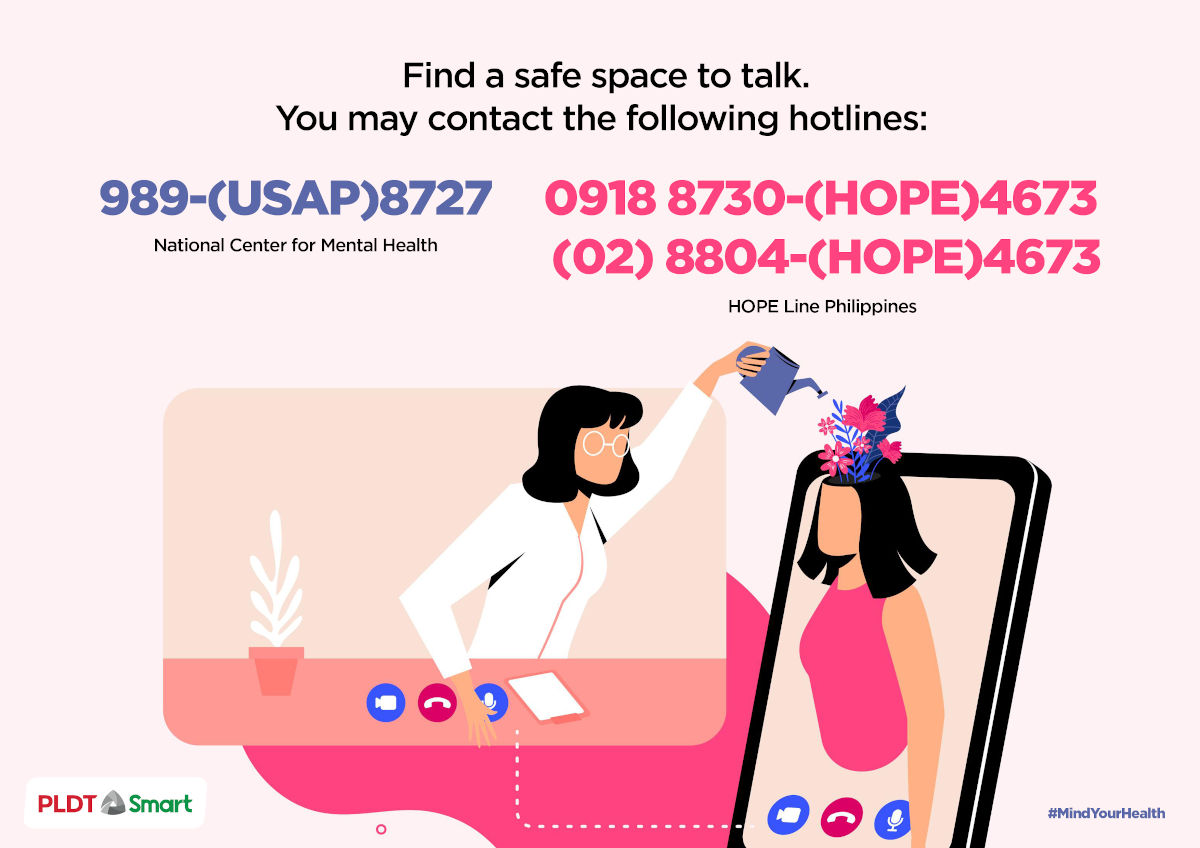
Displaying resilience amid tough times
Mental health could be anchored on how a person display resilience which is one’s ability to bounce back. “Resilience could also be defined as our ability to transition from one emotion to another in response to our situation. Our control of that situation is a sign of our mental health,” Mendoza.
As Filipinos, resilience is inherent in us. It is visible in the way we have survived countless disasters while ultimately becoming stronger through these tough times.
We learned how to be resilient because we needed to survive.
According to Ann Masten, resilience is the capacity of a person to withstand or recover from adversity through positive coping. Masten is a Professor at the Institute for Child Development at the University of Minnesota. She is known for her research on the development of resilience and for advancing theory on the positive outcomes of children and families facing adversity.
As human beings, we all have the ability to bounce back and come out stronger. Whenever we face adversities, there is always a way for us to cope through dark times and allow light to illuminate our lives.
Our brokenness, while painful and uncomfortable, is essential because it is only through it that the light gets in.
According to Mendoza, fixing ourselves would require some level of pain. Fixing ourselves would be a little bit painful — not just physically but emotionally. But we will be able to bounce back after that. “As human beings, are inherently capable of bouncing back. We should just be able to identify what we’re missing if we cannot bounce back. We should identify what needs patching up. We should be able to accept that growing to be more resilient may sometimes require some pain in the process,” Mendoza explained.
“But these things, just like getting your tooth fixed, require some level of discomfort and pain for us to improve and become better. Resilience is inherent in all of us. We will be able to bounce back as long as we identify where is the hole, how do I patch it up and do I have enough courage to be able to muster all the discomfort and pain moving forward,” Mendoza said.
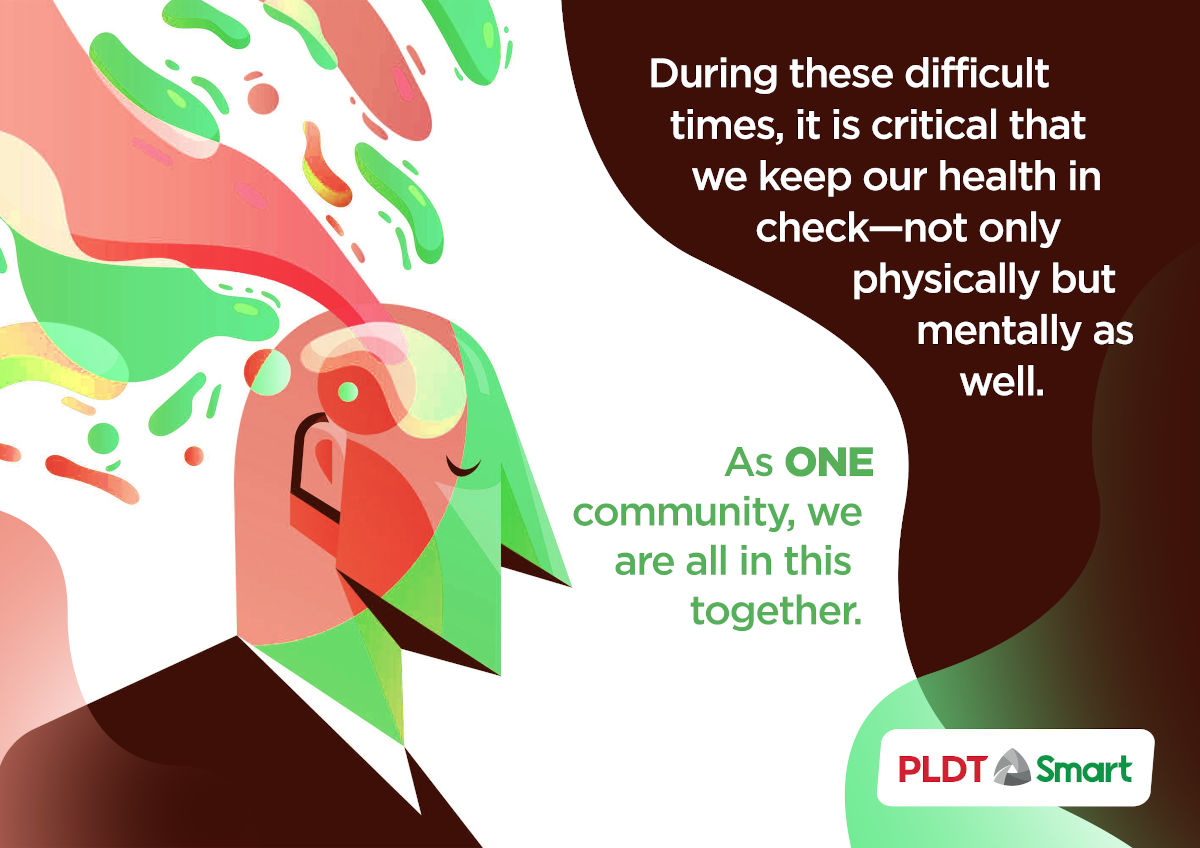
To know more about the efforts of the PLDT Group in beating the COVID-19 pandemic, please visit https://beta.pldt.com/covid19.
